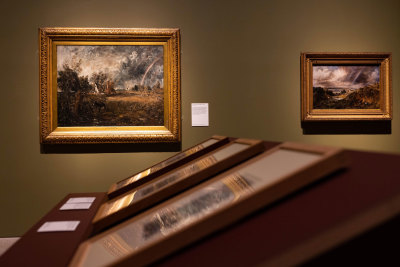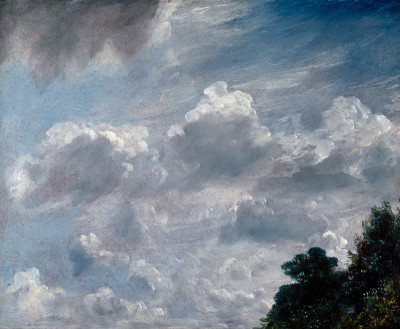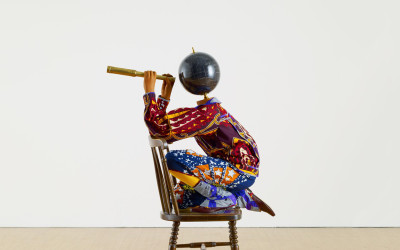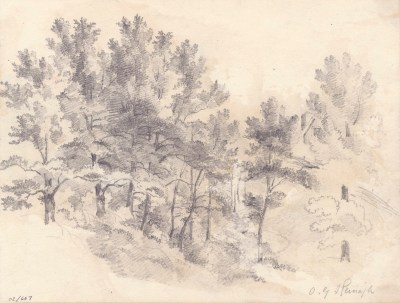How to read it: Henry Tuke’s A Bathing Group
How to read it: Henry Tuke’s A Bathing Group
By RA Collections team
Published 4 May 2017
The year 2017 was the 50th anniversary of the partial decriminalisation of male homosexuality, marked at Tate Britain with an exhibition of ‘Queer British Art’, featuring Henry Tuke’s A Bathing Group from our collection. Take a closer look…
-
-

Who’s the painter?
Known for outdoor oil studies of men, Cornwall-raised Tuke studied at the Slade before moving to Florence from 1880-81. He met the English painter Arthur Lemon who worked outdoors (en plein-air) and introduced Tuke to the ideas of the French Impressionists, encouraging him to paint the scene as it was observed. They spent a month together at Pietrasanta in Tuscany, painting nude boys on the beach who sat for them for two pence at a time. As Tuke’s subject matter became established, his works gathered a distinct following and have since become iconic examples of homosexual art from the Victorian era.
Who’s in the painting?
After a period in Paris, Tuke moved back to Cornwall in 1883 and soon befriended local boys and fishermen who became his models. However, the standing figure in A Bathing Group is the professional Italian model Nicola Lucciani, who came from London to pose for Tuke. Although this is a domestic scene, Tuke has put Lucciani in a Classical pose, like a Greek god, and paints him with a great expressiveness, his broad brush strokes mimicking the effect of the light. This idyllic scene was though soon tinged with sadness, as Lucciani was killed in World War I a few years later.
-
-
-
Tell me more about painting in “plein-air”
Used to describe painting outside, plein-air is a French term meaning out of doors. Tuke said he liked to paint the figure “with the pure daylight upon it, instead of the artificial lighting of the studio”. When he returned to Cornwall, Newport Beach became his “outdoor studio”, providing the perfect environment and atmospheric conditions for exploring the effects of light on water and skin in natural settings. Tuke eventually built a studio at Pennance where he stayed for 40 years.
What was Tuke’s role in the Royal Academy?
Tuke was appointed a visiting tutor to the Royal Academy Schools in January 1913, where he taught for one month of the year and set up the pose of the model. He submitted A Bathing Group as his “Diploma Work” – the work given to the RA on election as a Royal Academician – in 1914. In 1917 he gave July Sun, another painting of the model Lucciani, to be displayed in the Royal Academy Schools, as an example of figure painting for the students.

-





